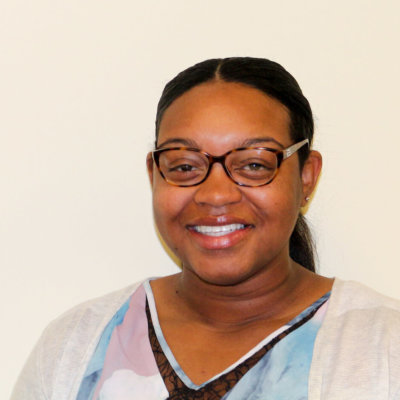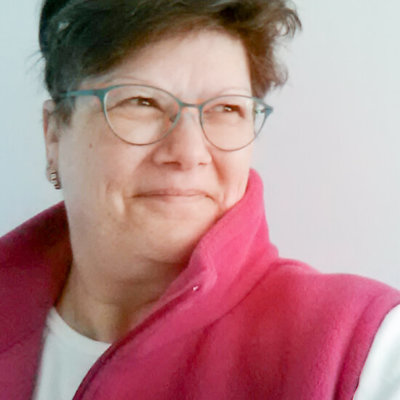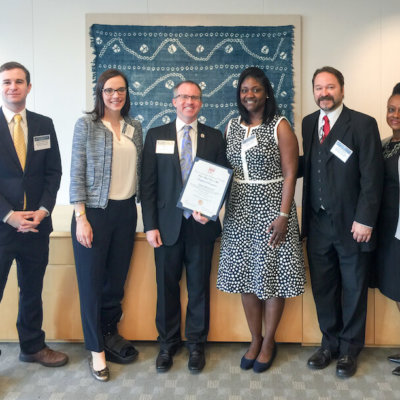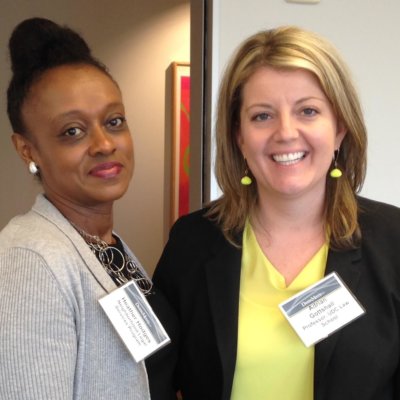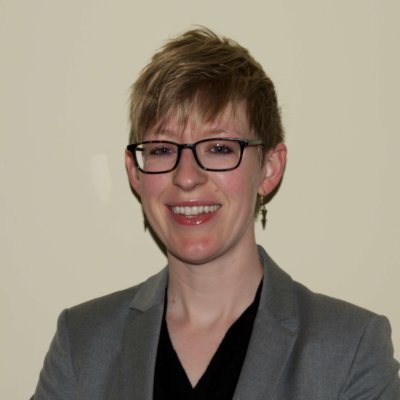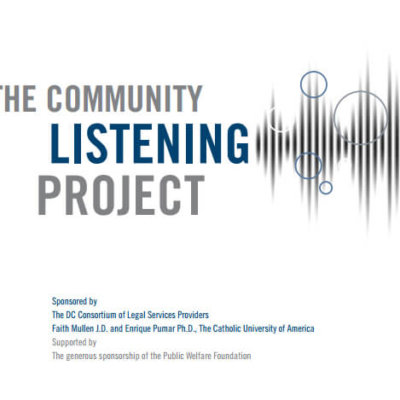By Daniel Choi In a small room at the Francis Gregory library in Ward 7, a staff attorney from the Neighborhood Legal Services Program is ready for a different kind of legal clinic—one targeting the needs of people trying to get jobs. The librarian makes an announcement over the speaker, and in the course of two short hours, seven people stop by for free one-on-one legal consultations about their criminal records, discrimination, wage theft, credit reports, suspended drivers licenses, and other barriers to employment. NLSP launched Jobseeker Legal Clinics in October 2014 as part of its larger Breaking Barriers to Employment project. An NLSP attorney visits DC Public Library branches across the District, including those, like Francis Gregory, located East of the River. NLSP is hoping to reach low-income and homeless library patrons who are seeking work but whose legal barriers are preventing them from obtaining and keeping stable employment. Since the project began, NLSP has held nearly 60 Jobseeker Legal Clinics and 10 know-your-rights presentations, and has performed over 165 individual legal consultations at various branches of the DC Public Library. Jobseeker Clinics will resume in fall 2015. Why hold clinics at the Library? While the overall economy is improving, this is not true for all residents of Washington, DC. According to December 2014 numbers, Wards 6, 7, and 8 had respective unemployment rates of 6.2 percent, 13 percent, and 16.3 percent; the national unemployment rate was 5.6 percent during the same period. With the transition from paper to electronic job applications, and the high cost of computer and internet access, more and more unemployed DC residents are turning to the Library as a resource for their job application needs. In fact, according to the American Library Association, nearly two-thirds of libraries provide the only free computer and internet access in their communities. Fortunately, DC Public Library is leading a national trend in transforming library spaces from passive information repositories to active social-service centers. With 25 branches around the city, including seven locations East of the River, the DC Public Library is already in communities where help is needed. The Library recently hired a full-time social worker, and many librarians are already systematically assisting patrons with computer skills, cover letters, and resumes. From the legal end, NLSP provides assistance and resources to librarians and patrons alike. With an official partnership in place, NLSP is trying to connect low-income library patrons with legal and social-service organizations throughout the city. NLSP is interested in expanding our partnerships and involving more pro bono attorneys in the library. Ultimately, the goal is to break down barriers to employment—both systemically and one barrier at a time. For more information about NLSP, the Breaking Barriers to Employment Project, or Jobseeker Legal Clinics, please visit www.nlsp.org. For specific questions, please contact Heather Hodges, Pro Bono Counsel, at hhodges@nlsp.org or (202) 269-5119.







